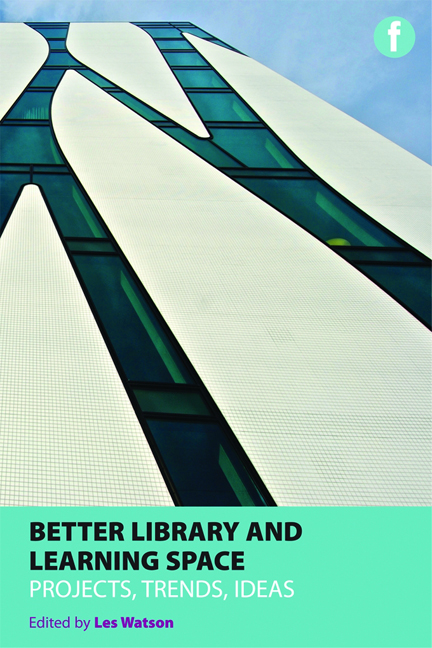Book contents
- Frontmatter
- Contents
- Case studies
- Acknowledgements
- Contributors
- Introduction – about this book
- PART 1 PROJECTS AND TRENDS
- Introduction
- 1 UK projects and trends
- 2 US projects and trends
- 3 China projects and trends
- 4 Hong Kong projects and trends
- 5 European projects and trends
- 6 Australasian projects and trends
- Summary to Part 1
- PART 2 TRENDS AND IDEAS
- PART 3 IDEAS AND FUTURES
- Index
4 - Hong Kong projects and trends
from PART 1 - PROJECTS AND TRENDS
Published online by Cambridge University Press: 08 June 2018
- Frontmatter
- Contents
- Case studies
- Acknowledgements
- Contributors
- Introduction – about this book
- PART 1 PROJECTS AND TRENDS
- Introduction
- 1 UK projects and trends
- 2 US projects and trends
- 3 China projects and trends
- 4 Hong Kong projects and trends
- 5 European projects and trends
- 6 Australasian projects and trends
- Summary to Part 1
- PART 2 TRENDS AND IDEAS
- PART 3 IDEAS AND FUTURES
- Index
Summary
Introduction
In Hong Kong we live in exciting times with many opportunities and challenges for reform and advancement in education – major curriculum reform, change in student demographics, and the ubiquitous use of mobile and cloud-based technologies.
Few students come to university without powerful mobile technologies, whether laptops, tablets or hand-size devices such as smartphones. Likewise, few students do not make extensive use of the free wi-fi across Hong Kong (Tsang et al., 2008) and the ever more powerful wi-fi facilities within universities and now in a growing number of schools (Chu et al., 2012). In studies into m-learning and the use of cloud-based technologies on university campuses in Hong Kong (e.g. Song and Fox, 2008; Lam, Lam and McNaught, 2010; Fox, 2011), students’ study habits have been found to be changing with the adoption of new and increasingly mobile personal technologies and the need for new learning environments and new educational services.
The 25–30% growth in education places in Hong Kong universities in 2012 has led to the need for rapid expansion of both physical and virtual services and facilities. In planning for this expansion, universities have been asking what new kinds of library learning places are needed that will suit students today and in the future. Do we need to duplicate and expand existing student services and places, designed before the introduction of new technologies and new practices or should we fundamentally rethink our physical environment, taking into account students’ changing study habits, changing curriculum requirements and emerging technological and pedagogical practices?
This chapter explores the challenges of doing things differently in Hong Kong university libraries, providing students and teaching staff with new library places that offer new ways of working and services and facilities designed to meet the needs of education today and for the future.
Background to the changing needs in Hong Kong educational libraries
September 2012 was the start of a new academic year in universities in Hong Kong unlike any other. All major universities adopted a new outcomesbased curriculum, which adds an extra year to the undergraduate degree programme. This has resulted in large-scale curriculum reform in all disciplines, creating the opportunity to consider what should be included in an undergraduate degree in the 21st century.
- Type
- Chapter
- Information
- Better Library and Learning SpaceProjects, trends and ideas, pp. 49 - 60Publisher: FacetPrint publication year: 2013



